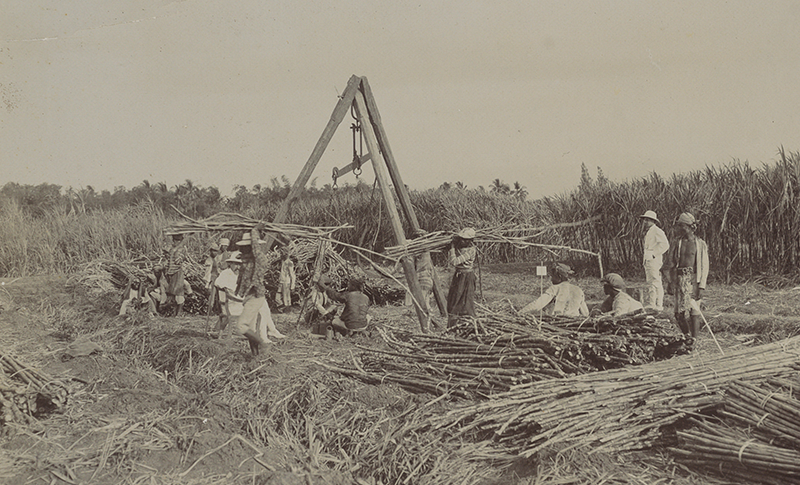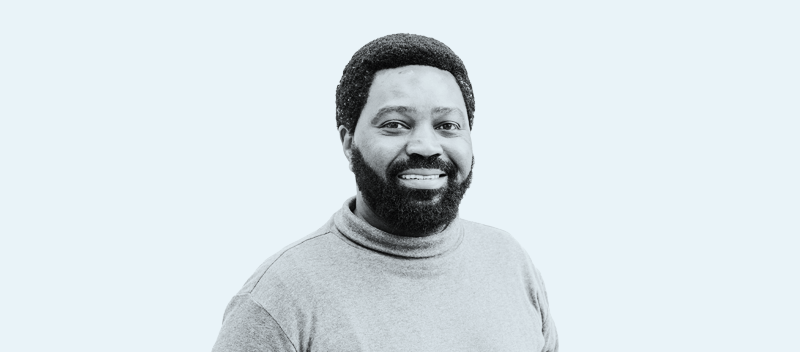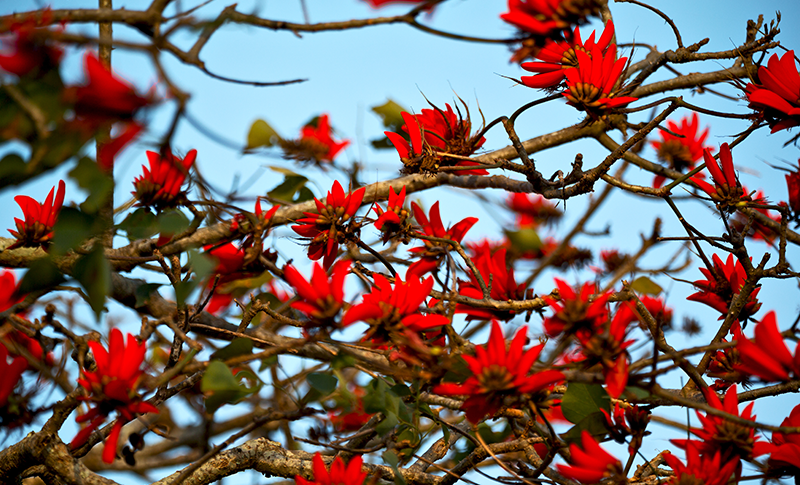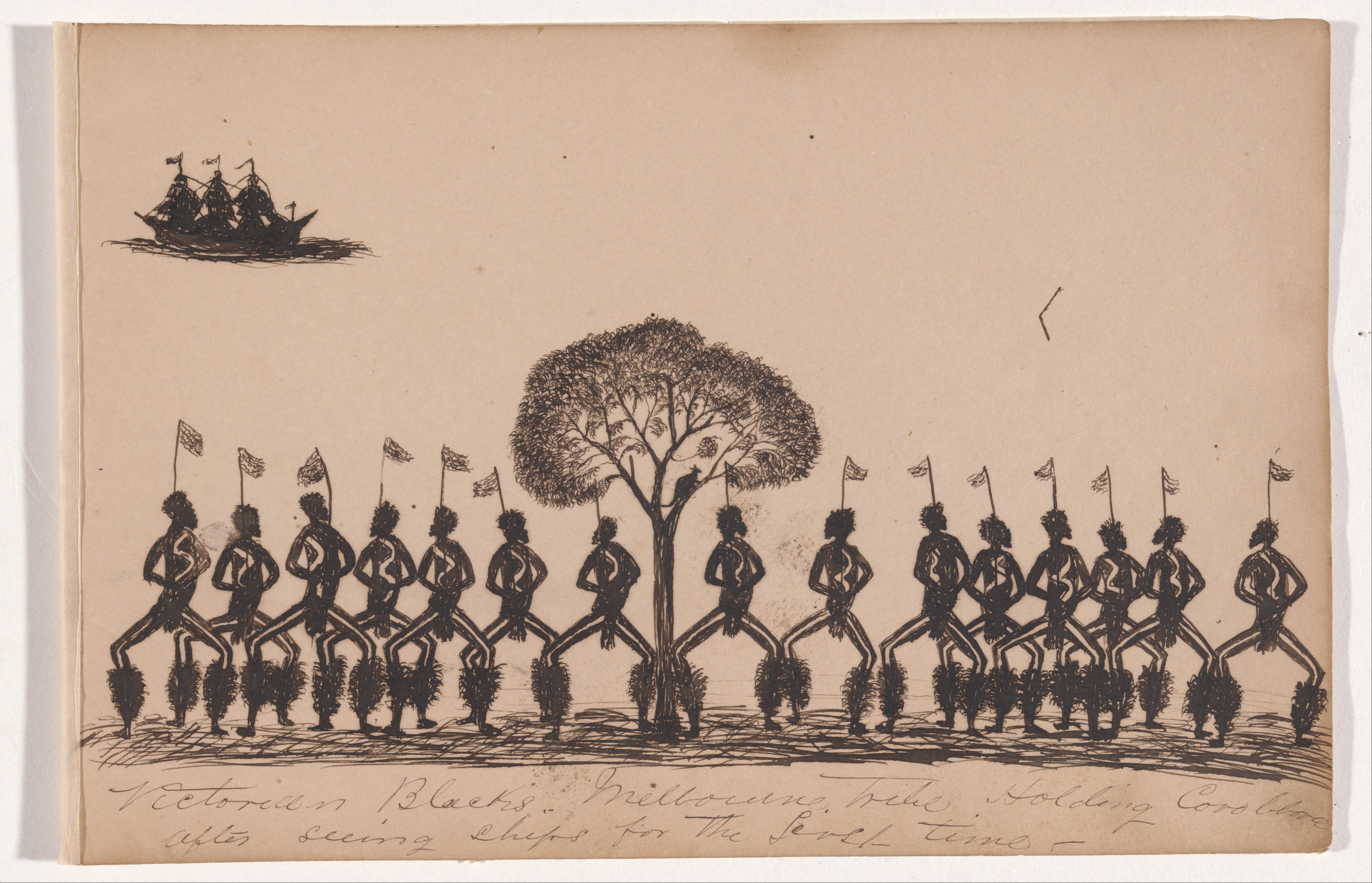WUR’s colonial past is undeniable and substantial. What should be done with that legacy? Decolonization is the order of the day. But how do you go about it? And is it even really possible?
A few facts for those for whom this is new territory. No university in the Netherlands is more bound up with colonialism than WUR. In fact, ‘without colonies, there would never have been a WUR as we know it,’ says Dean of Education Arnold Bregt frankly. ‘Wageningen University started as an institute with a strong link with the tropics.’ And that is no exaggeration, as we can see from the work of historian Larissa Schulte-Nordholt, who studied WUR’s colonial history at the behest of the Executive Board. Her study is being published in the near future.
‘When a national agricultural college was established in Wageningen in 1876, it was not intended as a colonial institute,’ says Schulte-Nordholt. ‘But that is what it turned into quite soon after that. The first colonial courses were taught in 1892. Four years later, they were followed by a full tropical programme.’ Money was the driver. The plantations in the colonies were pouring money into the Dutch economy. Several tropical courses followed, but according to Schulte-Nordholt, tropical education only really took off when Wageningen became an academic higher education college in 1918.
To be honest, I don’t think we have any idea what it would mean to decolonize Wageningen
‘At the end of the 1920s, 70 per cent of the students here were preparing for a career in the Dutch East Indies.’ That strong focus on the tropics changed gradually after World War II when the Dutch East Indies gained independence as Indonesia and the Dutch were kicked out. WUR lost a key market for its graduates at a blow. That was really when the decolonization of WUR began. ‘The institution had to reorganize itself,’ says lecturer Esha Shah, who will be launching the new Master’s course Decolonizing Science and Technology in September for the Knowledge, Technology and Innovation chair group. These changes went hand in hand with new knowledge discourses and terminologies, says Shah. The designation colonial agriculture disappeared and the focus shifted from the exploitation of commercial farms to development aid. Schulte-Nordholt: ‘The Dutch experts were no longer in charge in the tropics, but became consultants. Indonesians, often educated in Wageningen, took over the leadership positions.
Racial hierarchy
So the hierarchy changed, but the knowledge didn’t. And it is precisely in that knowledge and the frame that underlies it that Shah and others identify as the crux of colonial legacy. Within that frame, Western knowledge is seen as superior to non-Western knowledge. ‘By calling knowledge “non-Western” you isolate other knowledge systems and create a distance from them. And this is not a horizontal distance, but a vertical, hierarchical one. Racial hierarchy lies at the heart of colonialism: the superiority of the white way of seeing, of knowing, and of being in the world. You should never forget that. In one way or another, either obviously or very subtly, there always was and is that value judgement that Western knowledge is superior. Colonialism may have disappeared but in a sense it also hasn’t.’
For David Ludwig, the decolonization of the sciences means that we must consider how today’s WUR still reflects its colonial legacy. Ludwig is an associate professor at KTI. ‘That legacy is in the literature and the theories we use, for instance, and in the types of people we choose to appoint, the kinds of projects we do, and the economic links we have with the former colonies. The latter is crucial. We work a lot with partners in the global South. Those relationships are typically unequal because of the economic differences. Decolonization means addressing that inequality. Create a more equal form of global collaboration. Involve people in the sciences who have often been excluded in the past.’
‘Decolonization means giving a voice to all stakeholders,’ agrees Bárbara Rocha Venancio Meyer-Sand, who receives her PhD this week for a study about tracing (illegally) harvested timber. Along with her PhD ceremony, a symposium is being held on decolonization, entitled Learning from each other: sustainable and impactful partnerships in tropical forest research. A subject close to the Brazilian researcher’s heart. ‘Research questions are often thought up in the Global North. But what about the people living in the places where you want to collect your data? They have knowledge too, they have needs, and they have questions. And their questions might be much more relevant. So involve local researchers in the project from the start. I work in tropical forests, which they know in a way I can never match. They can see what’s going on, they can see the patterns. If we develop projects without recognizing that knowledge, we miss out on a diversity of perspectives. And ultimately, that produces science that has less impact than it could have. So involve local researchers in the project from the start and ensure that they get access to the research’s outcome.’
Enshrined
This kind of transdisciplinary approach is gaining ground. ‘Transdisciplinarity brings together scientists and people from outside the academic world, so as to develop better and fairer solutions to problems,’ explains Ludwig. ‘It involves people in the development of scientific knowledge who, historically, have always been excluded from the process.’ This kind of approach helps, Ludwig believes, but he is critical too. ‘I wouldn’t call it decolonizing as such. Inequality remains, even if you do involve local communities in your research process. The differences are enshrined in the way the world works and how the global economy works. Decolonization is a very ambitious word. To be honest, I don’t think we have any idea what it would mean to decolonize Wageningen. I don’t think it can be done without fundamentally restructuring the organization. And I don’t think WUR is ready for that.’
There always was and is that value judgement that Western knowledge is superior
Some things have changed and still they also haven’t, thinks Esha Shah. ‘The fact that I’m working here, as a woman of colour, is evidence of some change. Still WUR doesn’t have a lot of people like me. The global South is very underrepresented among the staff. You can count the number of women like me on the fingers of one hand. I am a rare species.’ Shah sees this as a remnant of colonialism. ‘And look at the PhD population. PhD students from the global South, a significant number of the PhD students, are nearly always sandwich PhDs and not employed by WUR. A different set of rights, rules and salary structure apply to them. That is worrying. What is more, a majority of our teachers are white men. All international students and sandwich PhD’s are taught by Dutch white men and then sent back to the post-colonies. Where else do we need to look for colonisation?
With her new course, Shah is paving the way for a more decolonized curriculum. ‘The aim is to get rid of the idea of developing the global South,’ says programme leader Bregt. ‘I see a nice example of that in the approach to the Master’s in Development and Rural Innovation, where it is no longer assumed that our knowledge is superior. Instead, interconnections are looked for. Our nitrogen problem in the Netherlands has come about because we transport nutrients here from other countries. Problems connect countries, and we need to look at them without value judgements. It’s not about development. There are things that haven’t gone well here too. We need to link, share and use knowledge from different places. That is the line we want to move towards in our education.’
For Schulte-Nordholt, decolonization is a question of ridding agricultural knowledge of the colonial element. ‘It’s about the question of how scientific cultures have come about. Why do we know what we know? Who benefits from it? Who decides which knowledge matters, and who owns it? Where does research funding go to? I think that students should learn a lot more about the history of colonization and slavery. You can’t decolonize if you don’t know how colonization came about. The new Master’s is a start, but I’d like to see many more courses like that at WUR.’

 A sugarcane plantation on Java in the early 20th century.
A sugarcane plantation on Java in the early 20th century. 

